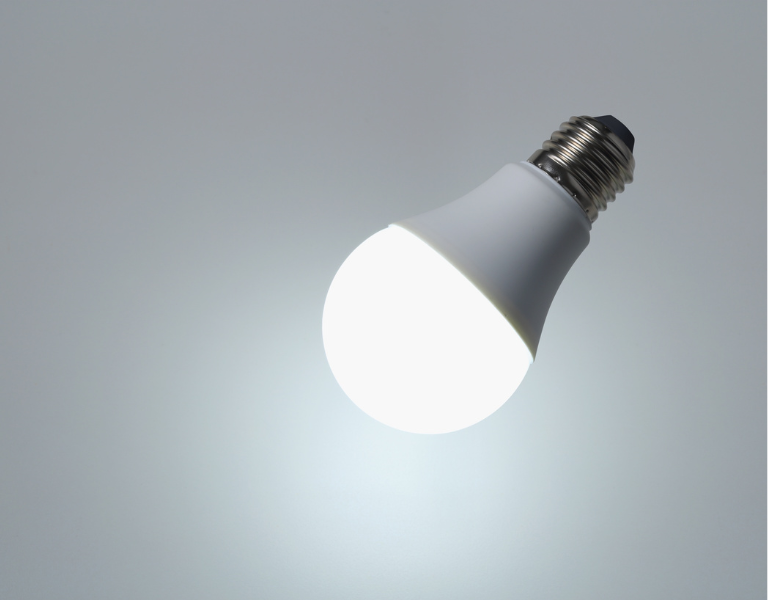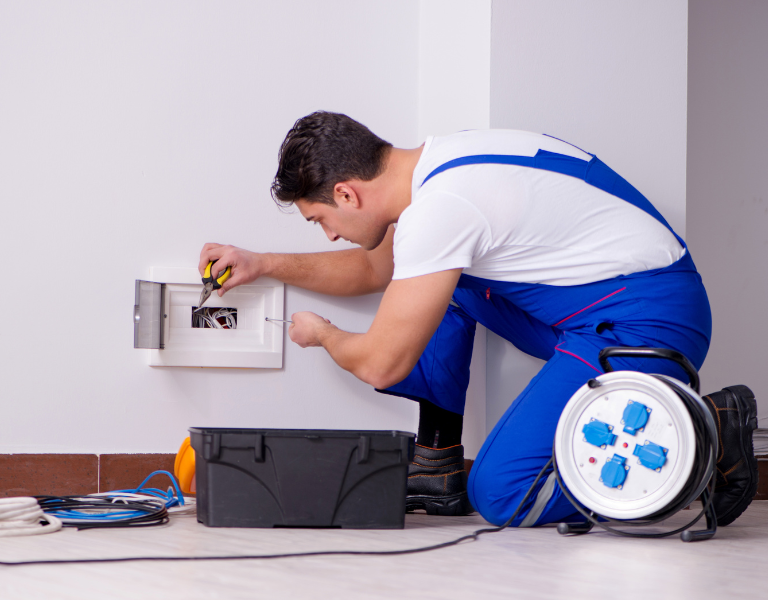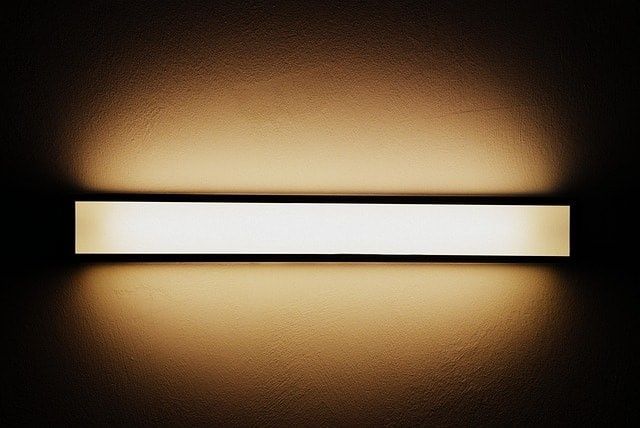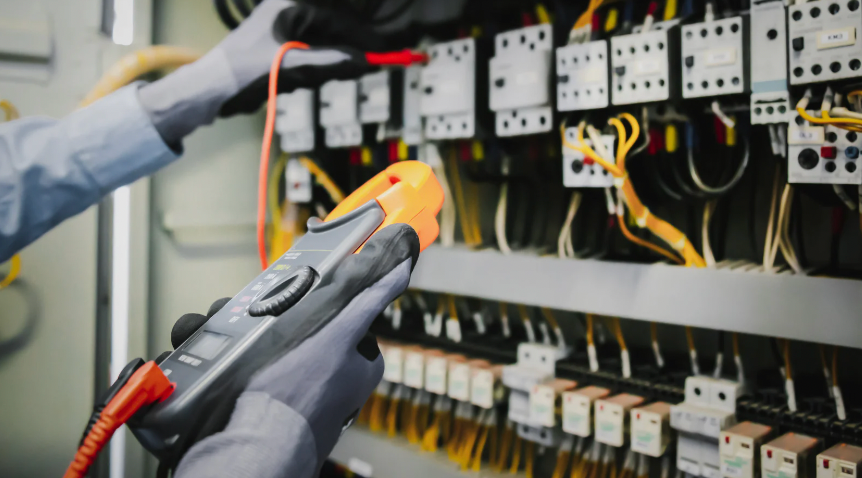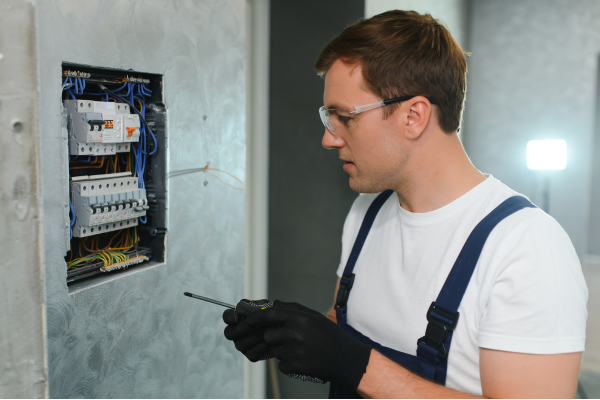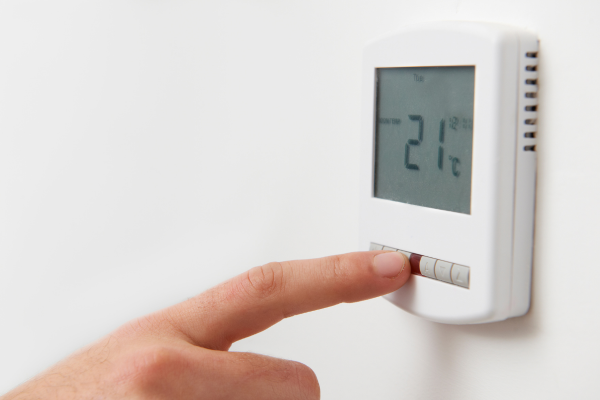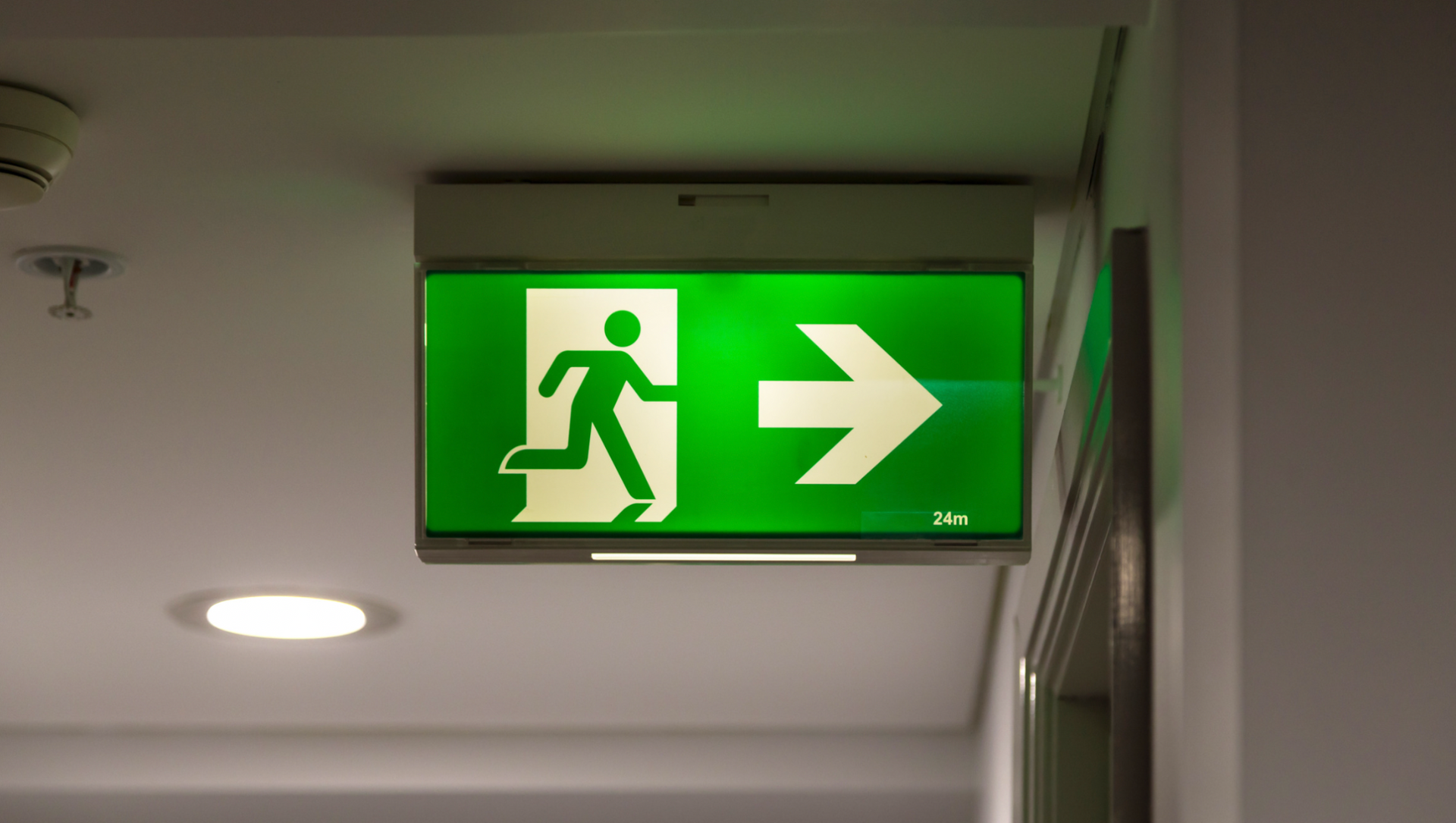Understanding Electrical Safety Certificates: A Homeowner's Essential Guide 2025
Electrical safety is a crucial aspect of homeownership, ensuring that properties remain free from hazards that could lead to fires, electric shocks, or costly damages. In the UK, an electrical safety certificate is an essential document that verifies a property's electrical systems meet safety standards. Whether you are a homeowner, landlord, or property manager, understanding electrical safety certificates can help ensure compliance with legal regulations while protecting lives and property.
Electrical faults are one of the leading causes of household fires. If not identified and rectified in time, faulty wiring, overloaded circuits, and outdated electrical components can pose significant risks. This guide will walk you through everything you need to know about electrical safety certificates, from their importance to how you can obtain one.
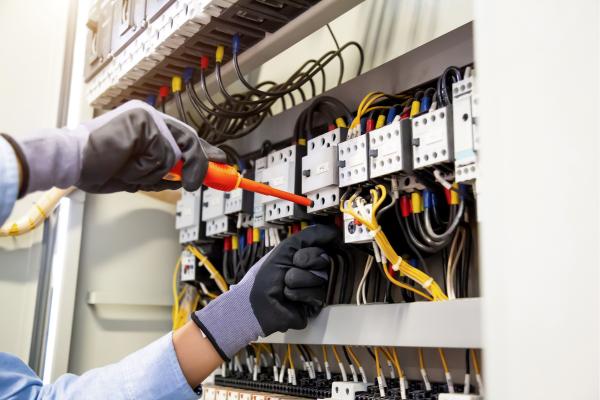
What is an Electrical Safety Certificate?
An electrical safety certificate is an official document issued by a qualified electrician after thoroughly inspecting a property’s electrical system. It confirms that the electrical installations comply with relevant safety regulations and that there are no immediate hazards.
The certificate is required for landlords who rent out properties, homeowners looking to sell, and business owners responsible for commercial premises. Ensuring a property's electrical system is safe and up to standard is not just a legal requirement but a vital safety measure.
Why is Electrical Safety Important?
Neglecting electrical safety can lead to dangerous consequences. Faulty electrical systems can cause fires, severe electric shocks, and even fatalities. Ensuring compliance with safety regulations protects people and property while avoiding costly legal consequences.
For landlords, the law requires an Electrical Installation Condition Report (EICR) every five years to ensure rental properties remain safe for tenants. Homeowners are advised to have periodic inspections, especially in older properties with outdated or deteriorating wiring.
Understanding Electrical Installation Condition Reports (EICR)
An EICR inspection assesses a property’s electrical system, identifying potential hazards such as defective wiring, overloaded circuits, or outdated electrical installations. It provides a comprehensive overview of the system’s safety and compliance with British Standards BS 7671.
If an EICR highlights issues, remedial work must be carried out immediately. Landlords must rectify serious electrical faults within 28 days to comply with UK law. Non-compliance can result in fines or legal action.
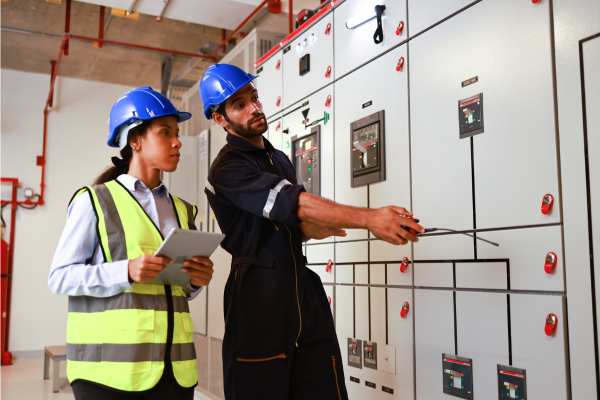
How to Ensure Electrical Safety in Your Home
Regular inspections and maintenance are crucial to maintaining electrical safety on a property. Electrical hazards are often hidden, making them difficult to detect without a professional inspection.
Some common risks include outdated wiring, improper DIY electrical work, and overloaded sockets. Homeowners should avoid overloading power outlets, ensure proper earthing, and hire only qualified electricians for electrical installations or repairs.
The Electrical Safety Inspection Process
A thorough electrical safety inspection involves assessing various components of a property’s electrical system. Qualified electricians check for hazards such as exposed wiring, faulty connections, and compliance with safety regulations.
During an inspection, the electrician will:
- Test wiring and circuits to identify any safety issues.
- Check fuse boards and circuit breakers for defects.
- Ensure that electrical installations comply with industry safety standards.
- Provide recommendations for necessary repairs or upgrades.
If no significant faults are found, the property owner receives an electrical safety certificate, confirming that the installation meets safety regulations.
Legal Requirements for Homeowners and Landlords
The UK government has implemented strict legal requirements to ensure that residential and rental properties meet electrical safety standards. Landlords must provide tenants with a valid EICR certificate and take immediate remedial action if any electrical faults are identified.
While not legally required, an electrical safety certificate is often necessary for homeowners when selling a property, as it reassures buyers that the electrical system is in good condition. Ensuring compliance protects against potential hazards that could result in costly damages or legal issues.
How to Obtain an Electrical Safety Certificate
Obtaining an electrical safety certificate involves hiring a qualified electrician registered with recognised bodies such as the National Inspection Council for Electrical Installation Contracting (NICEIC). The process includes:
- Scheduling a professional electrical inspection.
- Identifying and rectifying any electrical hazards.
- Receiving a safety certificate upon successful inspection.
Property owners should always choose reputable, experienced electricians for inspections and electrical work.
The Cost of Electrical Safety Certificates
The cost of obtaining an electrical safety certificate varies depending on the size and type of property. On average:
- Small flats: £150–£200
- Medium-sized homes: £200–£300
- Larger properties: £300–£500
Additional costs may apply if repairs or upgrades are required to meet safety standards. However, investing in electrical safety is a small price to pay compared to the potential risks of faulty electrical systems.
Maintaining Electrical Safety Beyond Certification
Electrical safety is an ongoing responsibility. Property owners should take proactive measures to prevent hazards even after obtaining a certificate. Regular maintenance, timely repairs, and energy-efficient electrical appliances can help maintain a safe environment.
Preventing Electrical Fires
Electrical fires are a serious risk, often caused by faulty wiring, overloaded circuits, or damaged electrical appliances. Homeowners can reduce fire risks by:
- Avoiding the use of multiple extension leads on a single socket.
- Checking wiring and switches regularly for signs of wear and tear.
- Replacing outdated electrical panels and circuit breakers.
Energy Efficiency and Electrical Safety
Safe electrical systems contribute to energy efficiency by reducing energy wastage and improving appliance performance. Modern wiring regulations ensure that homes are safe and energy efficient, which can help homeowners reduce electricity bills and improve their property’s value.
Common Electrical Issues Found During Inspections
During an electrical inspection, professionals often encounter overloaded circuits, defective wiring, and outdated fuse boards. These problems pose serious safety risks and must be addressed promptly to prevent potential hazards.
Choosing a Qualified Professional for Electrical Work
Hiring a qualified electrician is essential for maintaining electrical safety. Property owners should verify credentials, check for industry certifications, and ensure that the electrician has experience in electrical safety inspections and installations.
Conclusion
An electrical safety certificate is more than just a legal requirement—it plays a critical role in ensuring the safety of residential and rental properties. Regular electrical safety inspections, following wiring regulations, and hiring qualified professionals are key steps in preventing hazards and maintaining compliance.
For landlords and homeowners, investing in electrical safety is essential. Whether through EICR inspections, upgrading old wiring, or adopting energy-efficient electrical solutions, taking proactive steps ensures a secure environment for all occupants.
FAQs
How often should an Electrical Installation Condition Report (EICR) be conducted?
Every five years for rental properties and every ten years for owner-occupied homes.
What happens if a property fails an electrical safety inspection?
Necessary remedial work must be completed before an EICR certificate is issued.
Can homeowners conduct their electrical inspections?
No, only a qualified electrician can perform legal EICR inspections.
Do new builds require an EICR?
New builds receive an Electrical Installation Certificate (EIC) instead.
How can I find a qualified electrician?
Check the NICEIC website for registered electrical contractors.

